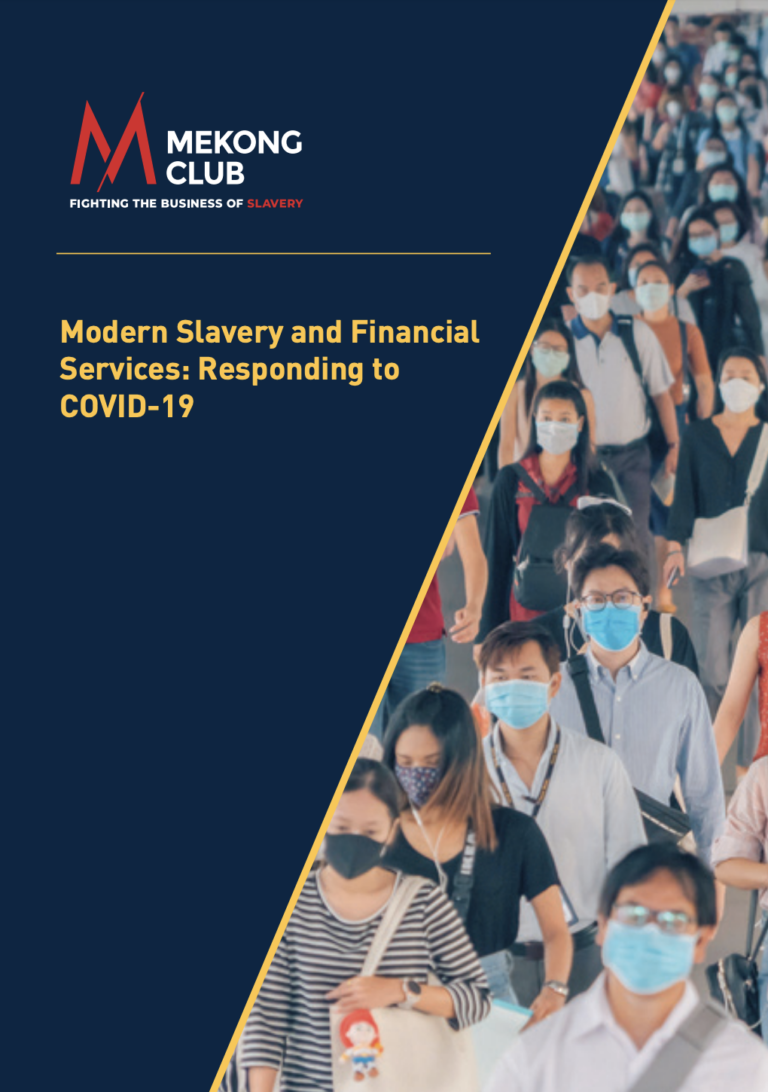The COVID-19 outbreak has been affecting Asia since January 2020. It is now a global pandemic, with over 4.5 million cases detected in 168 countries and over 300,000 deaths globally as of 15 May 2020. Much of the world has implemented severe quarantine measures in an effort to contain the spread of the virus, and these measures have significantly affected many businesses.
This continuing crisis poses a number of challenges, some limited to moving activities online, others much more serious and related to the sustainability and profitability of business in the short, medium and long-term. While corporate professionals go through a major experiment of teleworking, supply chain workers directly employed by companies or by suppliers and sub-suppliers are facing much bigger challenges. There is no doubt that the COVID-19 crisis poses a higher risk to their wellbeing, job security, and basic rights.
COVID-19 has impacted financial services in a range of ways, and the landscape continues to change. New patterns of criminal behaviour and money laundering are emerging, and the ability of financial services to monitor and report suspicious activity is hindered by lockdown measures. Furthermore, the financial impacts of COVID-19 are aggravating vulnerabilities to modern slavery and changing customer risk factors. As the global community reacts to these changing circumstances, so must the finance world, to combat modern slavery and protect business and vulnerable communities from this crime.

